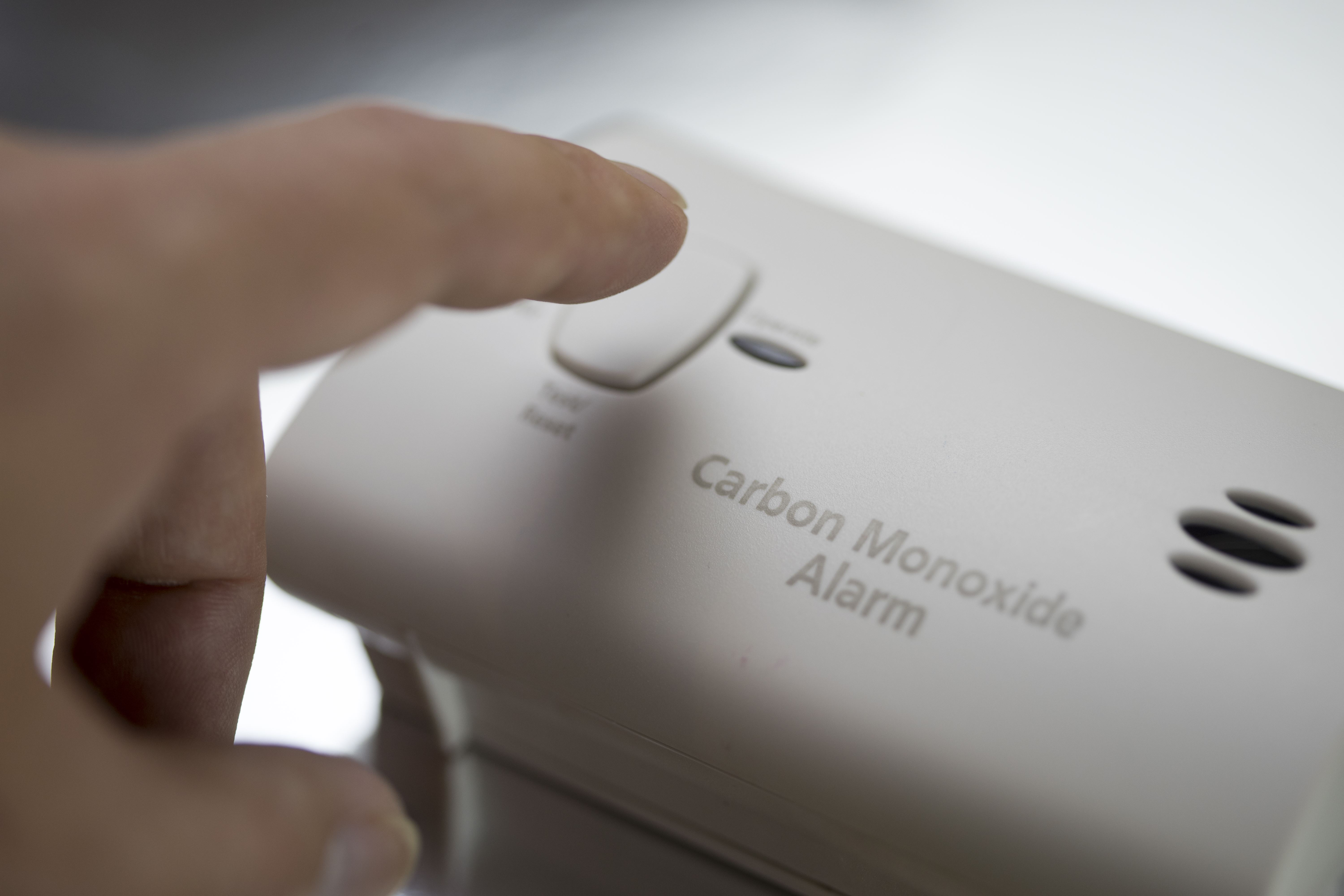When the summer heat sets in, we all rely on our air conditioners to keep us cool and comfortable. However, there’s a common concern among many homeowners about whether using an air conditioner can lead to carbon monoxide poisoning. In this article, we’ll delve into this topic and examine the potential risks associated with air conditioners and carbon monoxide poisoning.
Understanding Carbon Monoxide
Carbon monoxide (CO) is a colorless, odorless, and tasteless gas that is produced by the incomplete combustion of carbon-based fuels such as gas, oil, and wood. Common sources of carbon monoxide in a home include gas stoves, furnaces, fireplaces, and water heaters. Exposure to high levels of carbon monoxide can be life-threatening, as it displaces oxygen in the blood, depriving the heart, brain, and other vital organs of the oxygen they need to function properly.

Credit: www.quicksolutionsair.com
How Air Conditioners Work
Before we address the question of whether air conditioners can produce carbon monoxide, it’s important to understand how air conditioners function. Air conditioners work by circulating and cooling the air in an indoor space. They do not involve the combustion of fuels, which means they do not produce carbon monoxide as a byproduct of their operation.
The Risk of Carbon Monoxide from Air Conditioners
In general, properly functioning and well-maintained air conditioners do not pose a risk of carbon monoxide poisoning. However, there are instances where air conditioners can indirectly contribute to carbon monoxide exposure:
1. Indoor Air Quality
Poor indoor air quality can exacerbate the effects of carbon monoxide exposure. If the indoor air is stagnant and lacks proper ventilation, any carbon monoxide that enters the home from other sources may accumulate to dangerous levels. Air conditioners that do not bring in fresh outdoor air or do not have proper air filtration can contribute to poor indoor air quality, but they do not directly produce carbon monoxide.
2. Shared Ventilation Systems
In some cases, air conditioners may share ventilation systems with gas appliances such as furnaces or water heaters. If there are leaks or blockages in the ventilation ducts, carbon monoxide from the gas appliances can be circulated by the air conditioner and distributed throughout the home. That’s why it’s crucial to have separate, well-maintained ventilation systems for gas-powered appliances and air conditioners to prevent such scenarios.
Preventing Carbon Monoxide Exposure
To ensure that your air conditioner does not contribute to carbon monoxide exposure, consider the following preventive measures:
| Preventive Measure | Description |
|---|---|
| Regular Maintenance | Ensure that your air conditioner is regularly serviced and maintained by a qualified HVAC technician to keep it in optimal condition and prevent any issues that could affect indoor air quality. |
| Carbon Monoxide Detectors | Install carbon monoxide detectors in your home, especially in areas near gas appliances, to provide an early warning of any potential carbon monoxide leaks. |
| Adequate Ventilation | Ensure that your home has proper ventilation to allow for the circulation of fresh outdoor air and the removal of indoor air pollutants, including any carbon monoxide that may enter the home from external sources. |
Conclusion
While air conditioners themselves do not produce carbon monoxide, they can indirectly impact indoor air quality, which may influence the risks associated with carbon monoxide exposure. By understanding how air conditioners function and taking appropriate preventive measures, homeowners can ensure that their air conditioning systems do not contribute to the potential dangers of carbon monoxide poisoning. As with any appliance in the home, regular maintenance and awareness of indoor air quality are key to creating a safe and comfortable living environment.
